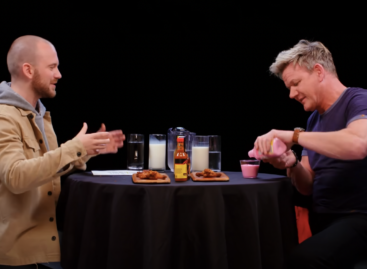The psychology of holiday feasts
The holidays are a happy time of year for many people, filled with family gatherings and friendly get togethers — often over a dinner table stocked to overflowing with rich, seasonal delicacies.

The big question for those concerned with healthy eating is, How do I make it from Thanksgiving to New Year’s without exploding?
For advice, we turned to Dr. Laurence J. Nolan, a psychology professor at Wagner College on Staten Island who specializes in the study of eating behavior.
Dr. Nolan said that, based on the research, he had one simple suggestion: Pay attention.
“Try to be aware of what’s going on with holiday meals and the way you’re eating,” he said. “Research shows that a strict deprivation regimen won’t do much to help you keep off the holiday pounds — but paying attention will.”
What does he mean?
Well, let’s start with the basics. Research studies have demonstrated that people eat more under two conditions: when they’re around others who are eating more, and when they’re served more — both basic conditions of holiday eating, right?
“The trick to short circuiting the natural connection between these conditions and overeating, however, is relatively simple: If you are aware of them, you tend not to eat as much as you otherwise would,” Dr. Nolan said.
“For instance, if you are aware that large servings tend to encourage overeating, you can serve yourself instead of allowing someone else to serve you. You’ll have better control of your portion size, and as a result you will be less likely to overeat.
“And take a moment to observe the way those around you are eating. Overeating by others tends to serve as ‘permission’ to overeat yourself — except when you’re aware of it.”
Related news
Related news
First We Feast studio, which produces Hot Ones, has been sold – George Soros’ company is among the new owners
Buzzfeed has sold its First We Feast studio, which produces…
Read more >(HU) Kemény leánybúcsúk kelléke – A nap videója
Sorry, this entry is only available in HU.
Read more >





